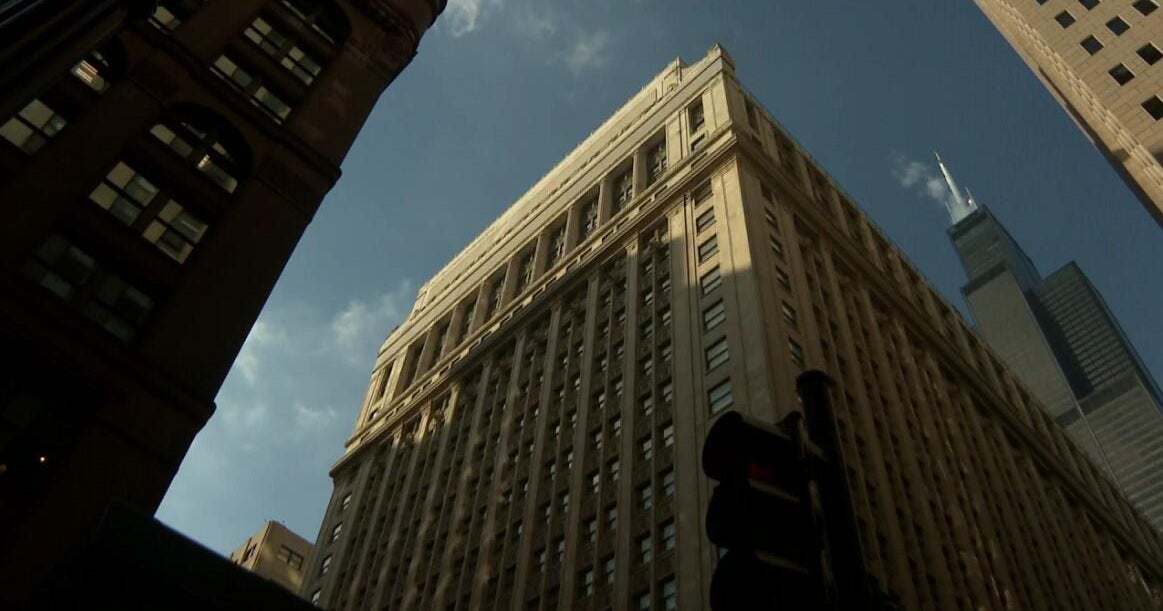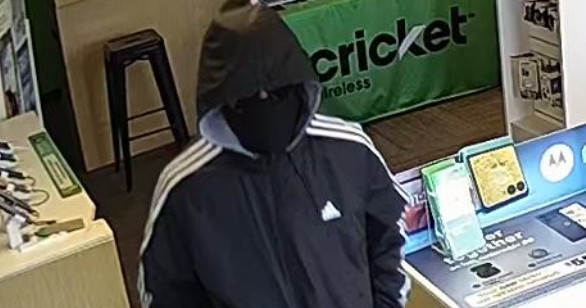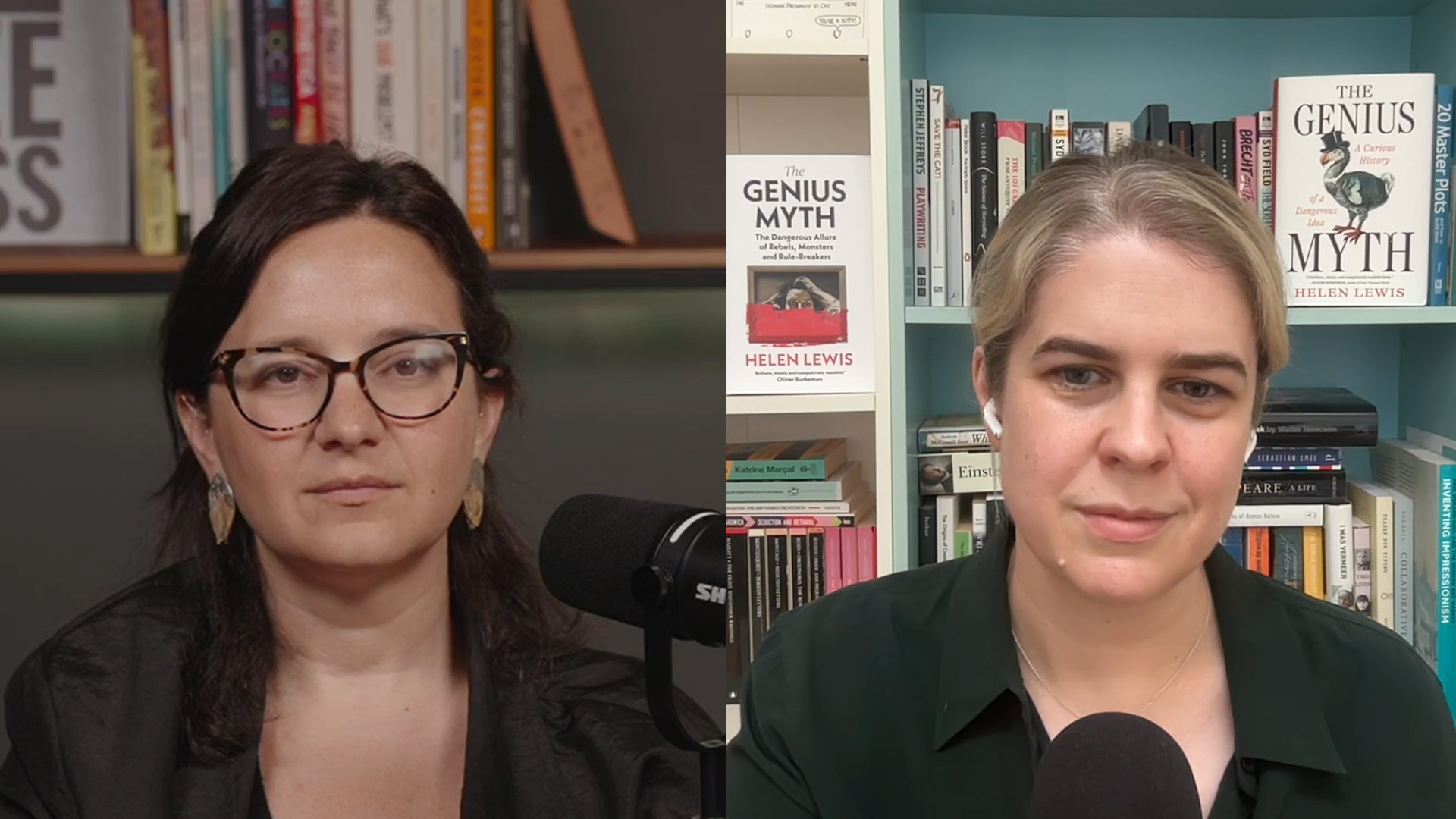How a startup is quietly transforming our antiquated 911 system
More than 600,000 people call 911 every day. But the 911 network often falls short when it's needed most because it was built some 70 years ago for landlines. Today, about 80 percent of calls come from cellphones.
Now, a small start-up company is quietly revolutionizing the emergency response system to address the flaws. RapidSOS CEO Michael Martin learned firsthand how the outdated infrastructure can impact a crisis when he was mugged in New York City back in 2012. The 911 network couldn't pinpoint his exact location.
"I started out working in venture capital and was just blown away by all the different ways we were using technology to better deliver alcohol or stream music. But when I needed an ambulance, it's just basically no ability to get help," Martin told CBS News' Jamie Yuccas.
So he launched a start-up called RapidSOS and spent six years creating technology that's transforming emergency communication.
"And we were so fortunate that this community would work with these computer nerds on how we can solve this problem," Martin said.
The emergency response center in Los Angeles was among the first to adopt RapidSOS. Now they can locate a cellphone caller within seconds.
"Sometimes they can't speak," 911 operator Susana Robinson said. "So all they can do is dial and leave an open line, and all you hear is arguing. … In the end, what we want is a location to send the police to get help to them."
According to Martin, the FCC estimates over 10,000 lives a year could be saved if we were able to more accurately locate people in an emergency. One person who may have been saved by the new technology is Michael Bochniarz of Clearwater, Florida. Last month while kayaking, he flipped over while pulling up the anchor and his legs became tangled in rope.
"I was stranded out there," Bochniarz said. "I couldn't get my kayak flipped back over. I tried but it was impossible … and I was in total shock. The water was only 56 degrees, and at that point I had to think of what to do."
Bochniarz keeps his phone in a waterproof pouch, so he called 911. He believes RapidSOS saved his life.
"I heard 911 telling a helicopter my coordinates … and they knew exactly where to find me," Bochniarz said.
Partnering with companies like Apple, Google and Uber allows RapidSOS to offer location data enhancement to all emergency call centers for free.
"It's just hard to picture how intense this job is until you've been there and listened in on one of these calls," Martin said.
The new technology is now live in 911 call centers covering more than 65 percent of the population.
But that still leaves millions of Americans at risk.
"We just want to make sure every 911 center is aware this technology exists. It's free. And it's ready today to help you save those lives," Martin said.



